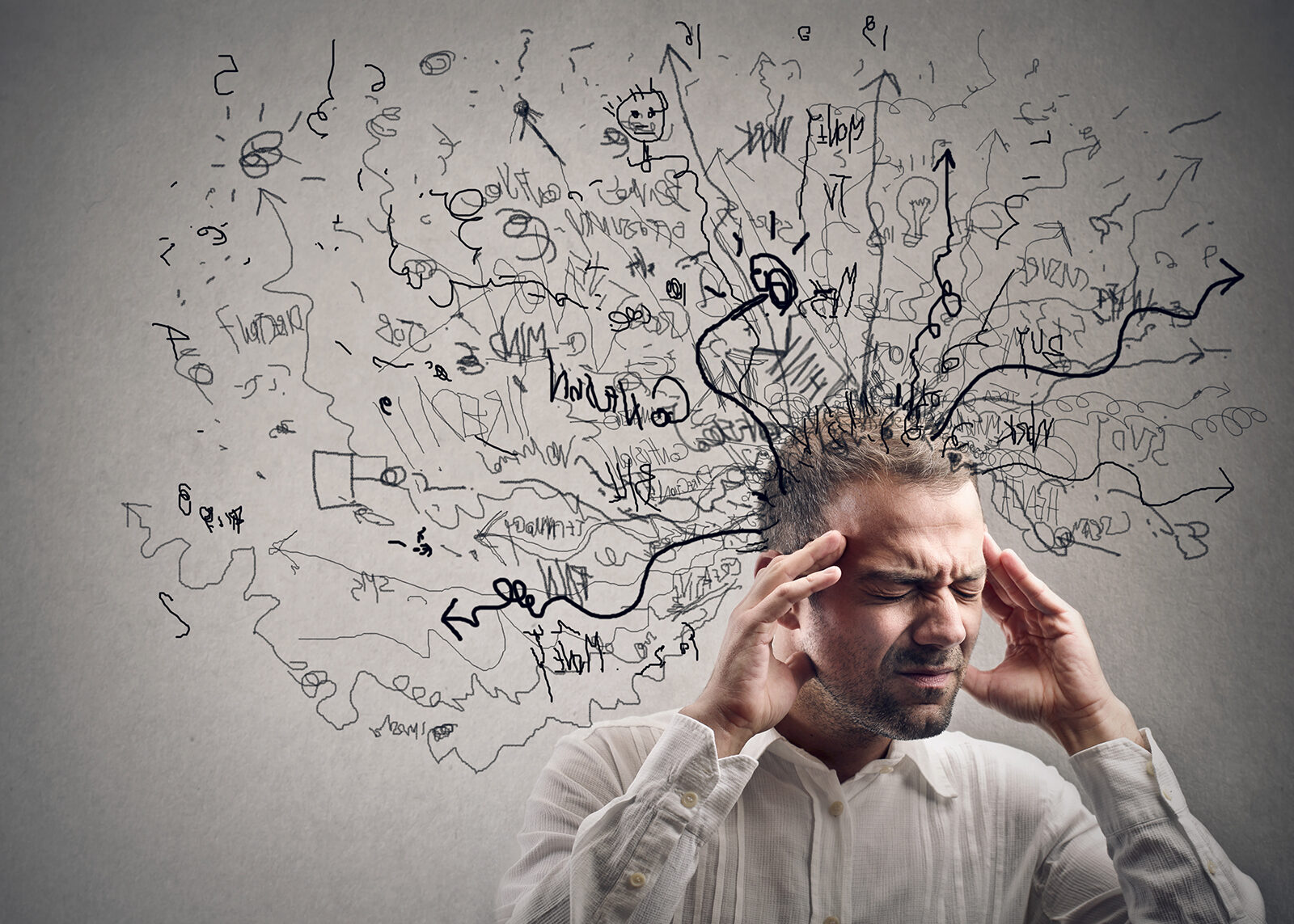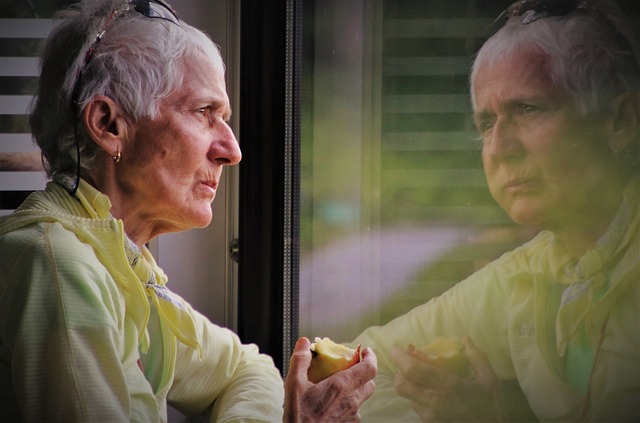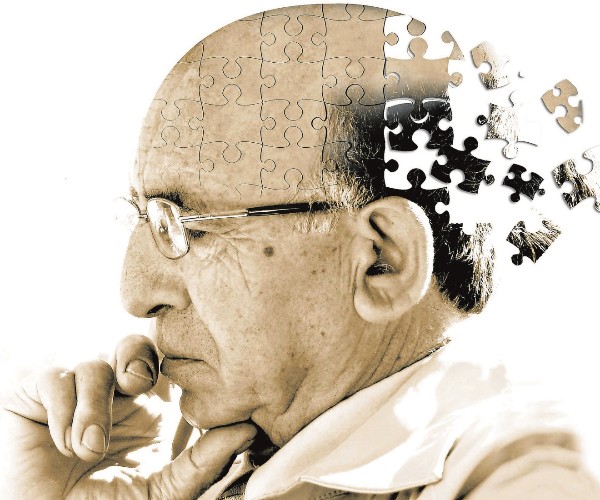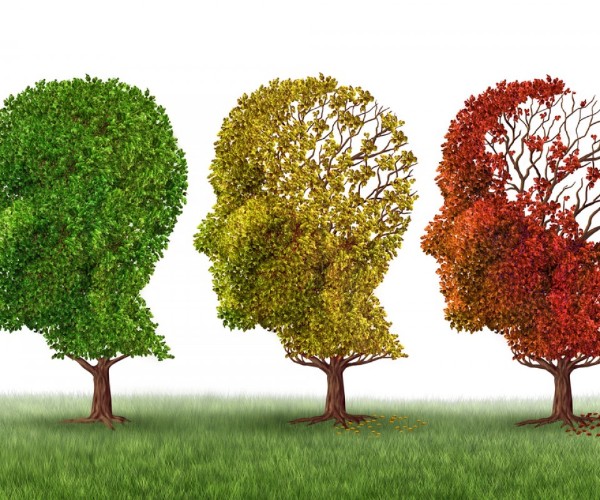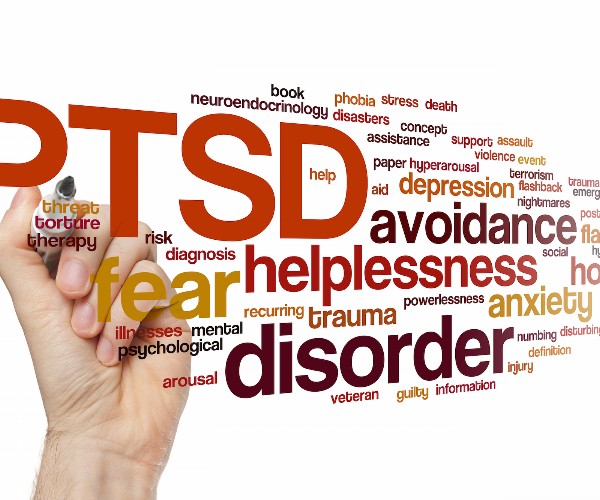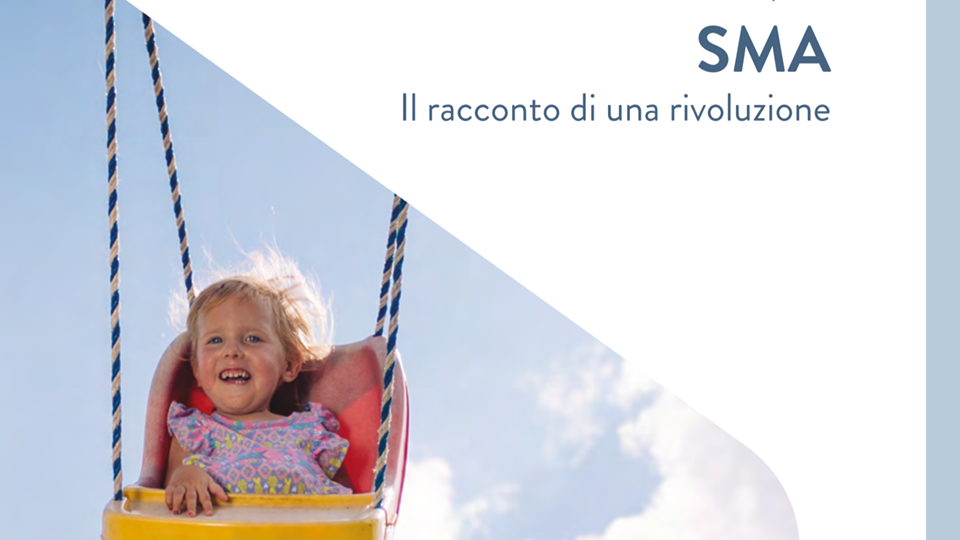Cognitive skills can be improved with experience through learning, processing, planning and adaptation. An individual’s degree of cognitive fitness enables him or her to cope with life’s challenges, make decisions, and handle complex situations. A cognitive fitness program should include interventions aimed at strengthening personal mo tivation, innovation and intellectual growth. Cognitive activity is a reflection of one’s personality, work interests, education received and interests in culture, environment and society.
To best develop cognitive skills, we need to implement synthetic concepts, that is, the specific abilities, to grasp the essential elements of a problem and find the solution. Cognitive fitness is a strong stimulus toward innovation; in fact, with mental training, inertia is prevented, creativity is fostered, and people become less vulnerable to old age. The brain does simplification work, adapting standard patterns of perception and action. Information acquisition represents the main function of the brain that categorizes objects and situations. The function of recurrent patterns aims to make the cognitive activities of the mint more agile, so it is learning, learning, building. These patterns are achieved through stu dy and the acquisition of new information; in fact, experience alone is not enough.
Source: I don't have time for... How it wears out care: health workers under stress by Ferdinando Pellegrino







